10:00 AM
Apr 26

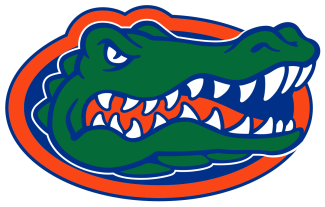

10:00 AM
Apr 26


11:00 AM
Apr 26


11:00 AM
Apr 26


11:00 AM
Apr 26


11:00 AM
Apr 26


11:00 AM
Apr 26


12:00 PM
Apr 26


12:00 PM
Apr 26


12:00 PM
Apr 26


12:00 PM
Apr 26


12:00 PM
Apr 26


12:00 PM
Apr 26


12:00 PM
Apr 26


12:00 PM
Apr 26
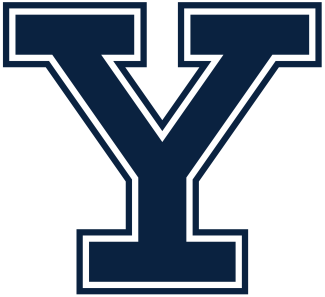
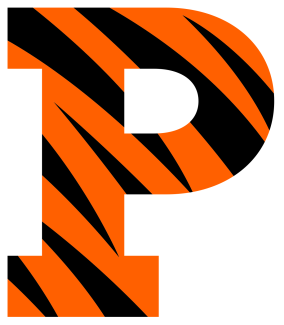
12:00 PM
Apr 26


12:00 PM
Apr 26


12:00 PM
Apr 26


12:00 PM
Apr 26
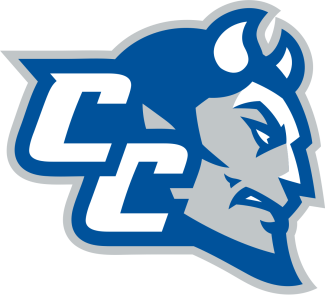
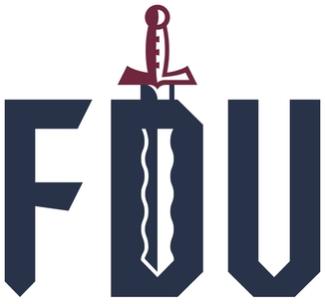
12:00 PM
Apr 26
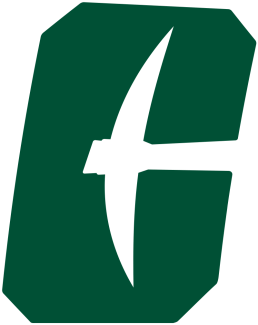

12:00 PM
Apr 26


12:00 PM
Apr 26
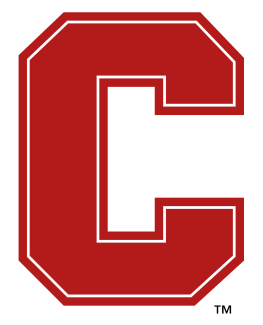

12:00 PM
Apr 26


12:00 PM
Apr 26


12:00 PM
Apr 26
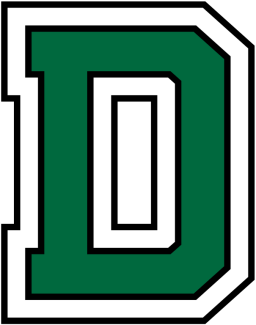

12:00 PM
Apr 26


12:00 PM
Apr 26


12:00 PM
Apr 26


12:00 PM
Apr 26

